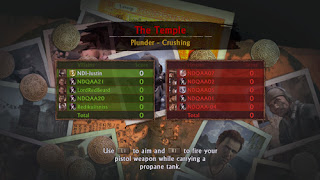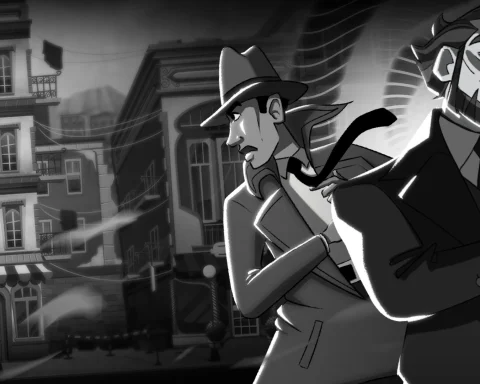 |
| Single-player gaming at its finest! |
 |
| Call of Duty 4: Modern Warfare multiplayer: the beginning of the end. |
 |
|
| It might be old but I guarantee System Shock 2 is a better game than a lot of titles on the market today, and it didn’t have any multiplayer. |
 |
| Uncharted 2 multiplayer? Was this really necessary? |
 |
| Does Medal of Honor’s multiplayer look any different than Call of Duty 4 above? Predictably not. |
 |
| Castle Crashers: doing multiplayer right! |
 |
| Not being Call of Duty seems a poor reason not to like Brink. And yet… |
 |
| Will Battlefield 3’s multiplayer be different enough to be worth playing? I didn’t play the beta, so I can only hope. |
– Nick J.
Stop by the discussion on the forum and let us know what you think about this!






